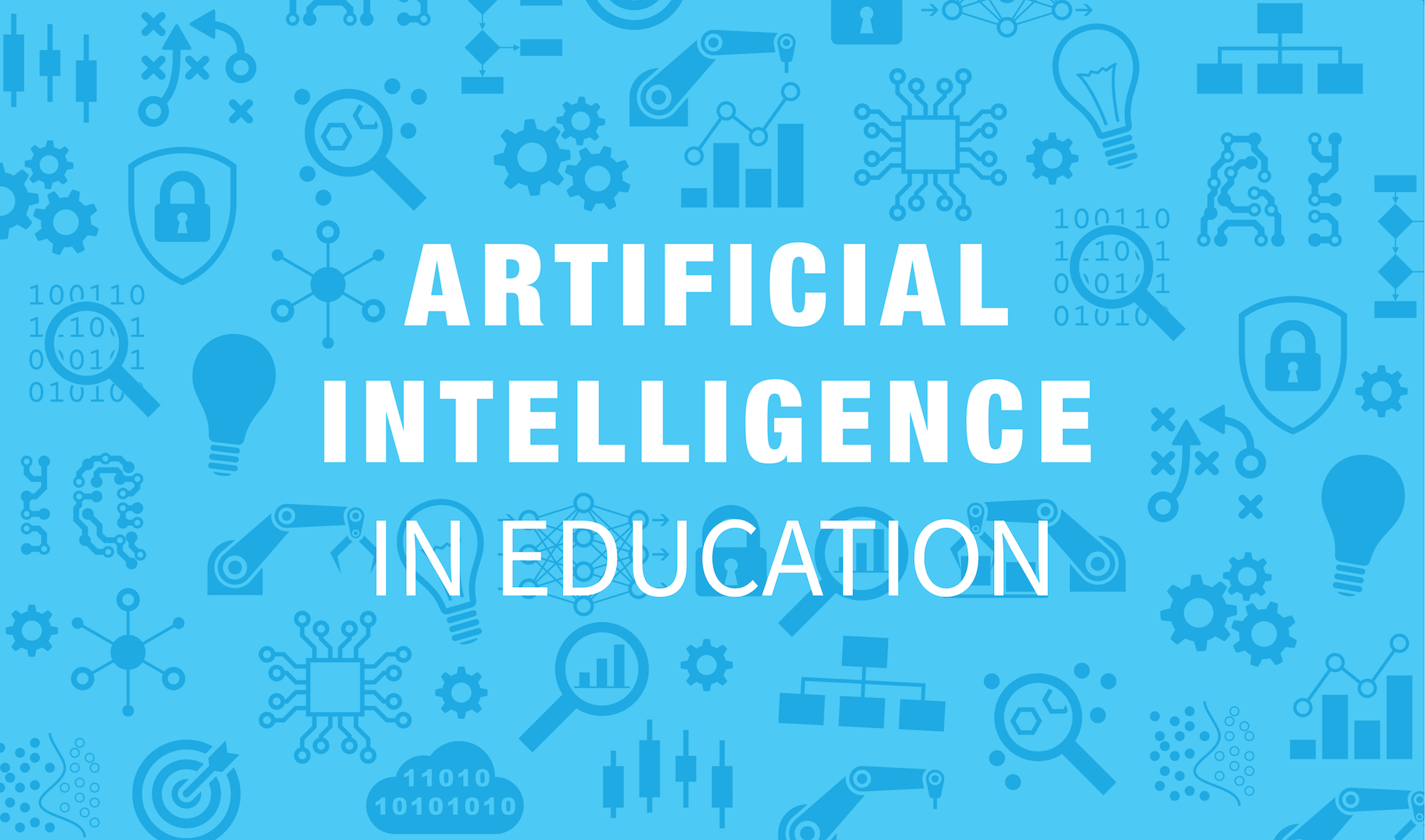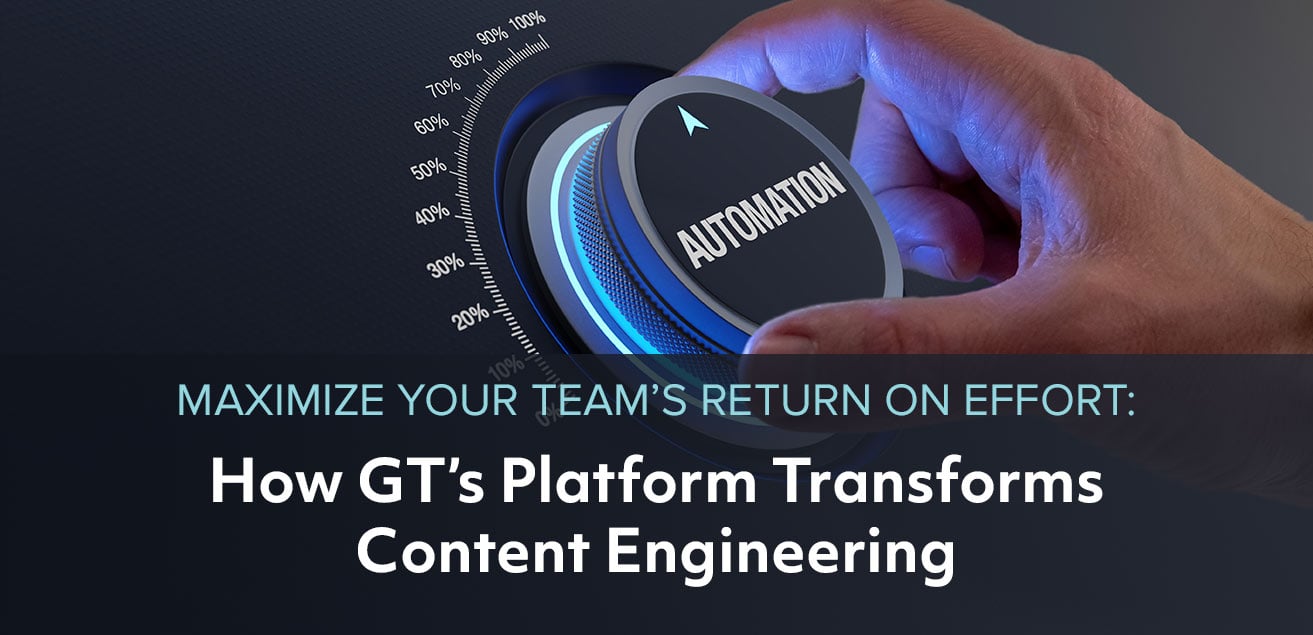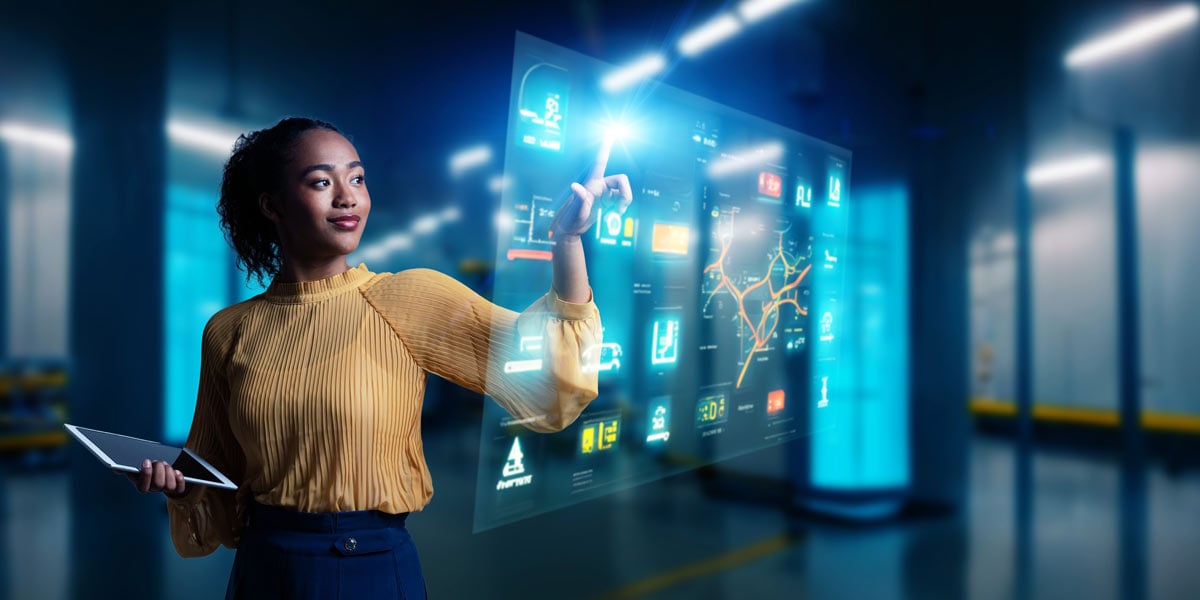If in the last century artificial intelligence ("AI") the great “fantasy” of technology developers or the challenging “dream” that technology aspired to reach, it has now become the keyword of advancing technology in all fields. From Asia through the Middle East to the United States, developing and increasing AI use and application to many sectors reinforces security, productivity, innovation, and of course positions a country’s R&D on the cutting edge. In other words, AI is not only a helpful innovation but also a strategic necessity. There is no doubt that “AI has become a new focus of international competition.” Even though the United States is one of the main leaders in the AI race, the US education sector remains among the last to embrace AI.
How Does AI Fit in Education?
For a long time, the use of AI in education was the center of debate, with detractors questioning whether machines can (or should) replace teachers. These arguments always asserted AI's limitations. But supporters are more likely to dismiss such arguments, defending the benefits of AI in education as a complement to traditional learning. Indeed, AI underpins a new vision for education: adaptive learning technology to increase access and scale while still providing effective student outcomes. This AI revolution “is an opportunity for us to reimagine higher education—to transform both what and how we teach.” states Joseph E. Aoun.
AI benefits both the learner and the teacher and technological innovations can be applied to both K-12 and higher education. The world is witnessing an ongoing digital and technological revolution and the traditional educational system that makes use of standardized teaching and assessment is no longer suitable to produce knowledge and subject mastery for the Y/Z generations.
Adaptive learning technology now ranks as one of the top digital transformation trends in education. AI-informed adaptive learning truly helps the teacher as well as the learner to gain a personalized learning experience and allows for unprecedented scaling of that experience. Much as would happen in a one-to-one teacher-learner relationship, effective adaptive technology will figure out how to meet the needs of each student by evolving learning pathways dynamically based on those needs.
Moreover, there are massive benefits to delivering instant feedback to students - akin to a permanent virtual tutor. And accessibility is vastly improved - learning is no longer restricted to a physical location, but is available anywhere and everywhere through any digital device.
To sum up, education experts agree unanimously on the benefits of AI informed adaptive learning, which adjusts teaching based on the student's needs and abilities and facilitates superior content mastery.
How GT uses AI
GT invests in R&D to provide tagged learning objects (LOs), knowledge trees and algorithms for facile course content and assessment creation that produces customized pathways for successful student outcomes. GT has identified various AI solutions offering semantic analysis services to test academic content and measure relevance greatly simplifying the ability to create and deploy impactful content.
See how this works with an online demo of our authoring tool.





Leave a comment